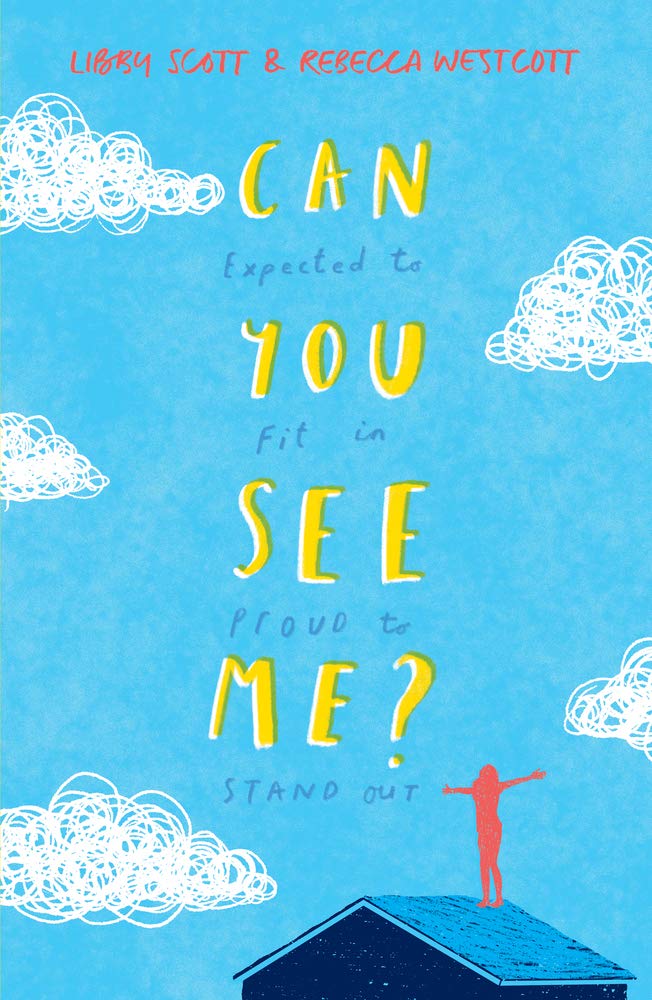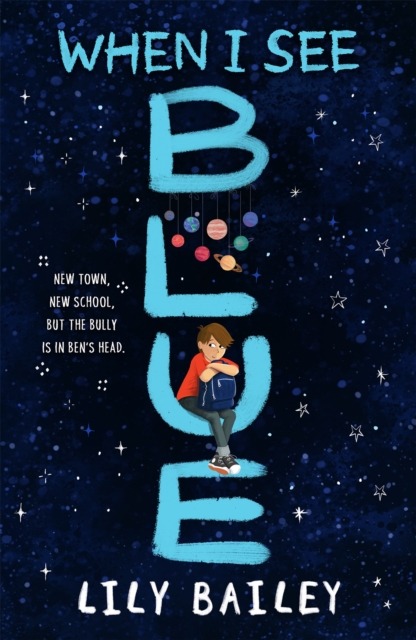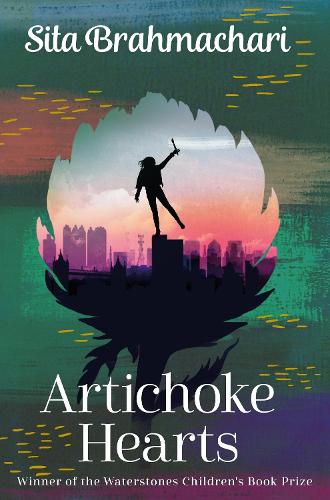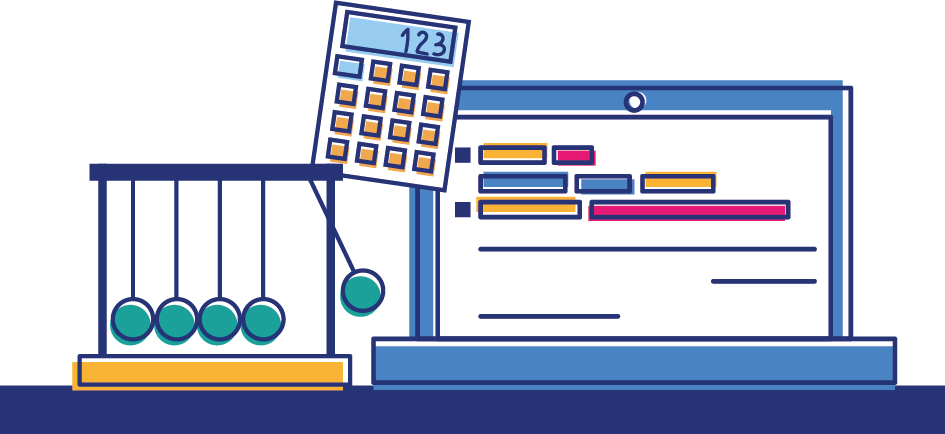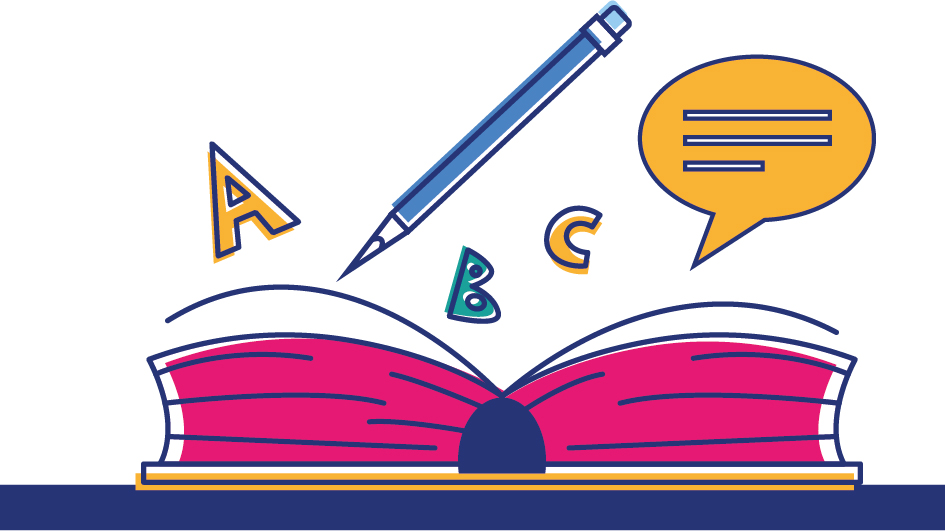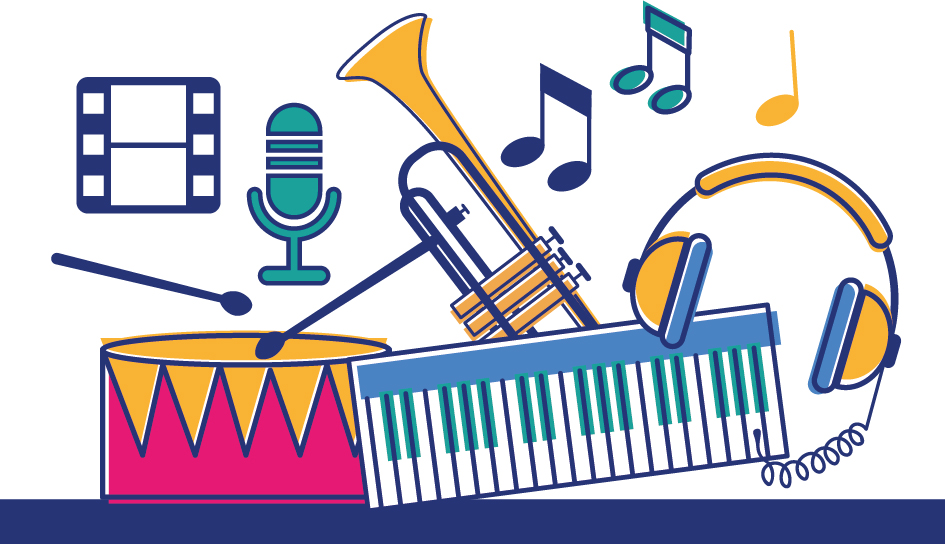At Westhoughton High School, we believe that reading, particularly reading for pleasure, directly impacts cognitive and social communicative development. It has been shown to improve mental health and wellbeing, as well as improving compassion and empathy for others. Our aim at WHS is to develop each learner’s potential to the point where they are reading at, or above, their chronological age and being confident to use reading as a valuable springboard to enhance learning. We are committed to creating a reading culture that prioritises reading for purpose as well as pleasure. We want our learners to see reading as enjoyable – it can make you smile, laugh, think, feel, find yourself…it is magic!
That’s why we start every day with our Form Time Reading Programme, when the form tutor reads a book aloud as students follow the text in their own copy. The book could be an adventure, a thriller, a biography or a laugh-out-loud comedy. Whatever the genre, students are exposed to fluent, uninterrupted, expressive reading by an adult, helping them develop their vocabulary and understanding of sentence structures. Students follow along, practising reading at pace, so their reading skills develop towards the level of fluency modelled by their form tutor. Importantly, the books are chosen for enjoyment and variety, to promote a love of reading.
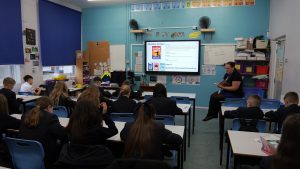
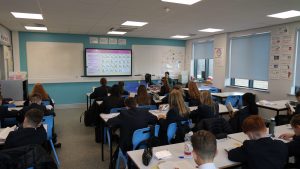

WHS’s reading strategy pulls together the responsibilities and actions for: teachers, departments, and leadership so that there is a commonality of language and approach to tackling raising attainment, engagement, enrichment and, where required, intervention.
At Westhoughton, our approach to reading is to meet our learners where they are and to help them to reach three goals:
- Learning to Read
- Reading to Learn and
- Reading for Pleasure and Leisure
This approach is based on the Education Endowment Foundation’s Report (EEF), Improving Literacy in Secondary Schools, and the seven recommendations given. We have also sourced guidance from Closing the Reading Gap (Alex Quigley) and Reading Reconsidered (Doug Lemov) amongst other relevant research to develop our reading strategy and School Improvement Plan. The importance of quality phonics teaching has been strengthened further with the publication of recently updated documentation ‘The Reading Framework’ (July 2023).
Learning to Read
Lexonik Leap targets learners with a standardised reading score of 85 or below. Using a paperless, diagnostic assessment with learners we can identify their phonics gaps and determine their entry point onto the Leap programme. The programme has several themes, phoneme to grapheme correspondence, word building, high frequency words, vowel digraphs, split digraphs, and prefix knowledge.
Lexonik Advance is primarily aimed at learners with a standarised reading score of 85 – 115 and is delivered in a 1:4 teaching ratio. The programme improves learners’ phonological awareness, automaticity, vocabulary, and comprehension. Phased repetition and leverage metacognition is used to develop learners’ fluency and independence.
To support the learning of prefixes, suffixes, and root words in the classroom, we have adopted a simple 3 question strategy;
What does it mean?
How do you know?
Where’s your mind going?

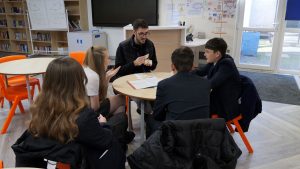
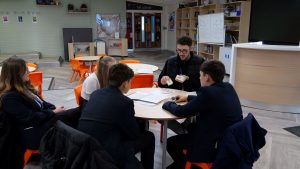
Reading to Learn
As part of their experience of Reading to Learn, learners will be guided to develop and practice a set of core strategies fundamental to academic success across the curriculum. These strategies include;
- Prediction and anticipation
- Questioning
- Clarification
- Summarisation
They will be taught to read with clear intention and goals and encouraged to activate prior knowledge as part of their approach to the reading of new material as we ascribe to the idea that, “in reading, the more you know, the more you learn.” (Lemov, 2016).
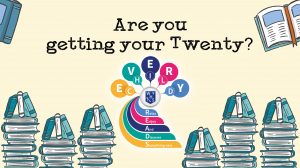 Reading for Pleasure and Leisure
Reading for Pleasure and Leisure
Research has shown that learners who read on average for a minimum of twenty minutes a day will score in the top 90 percentile in standardised assessments whereas a learner who only reads on average 5 minutes a day will score within the 50 percentile in standardised assessments. At WHS we ensure our learners get their ‘Twenty’ with the daily Form Time Reading Programme. We actively promote our learners going beyond their ‘Twenty’ by providing opportunities in lessons and encouraging our learners to read outside of lessons. Children who read and read regularly will be the most successful in their GCSE exams.
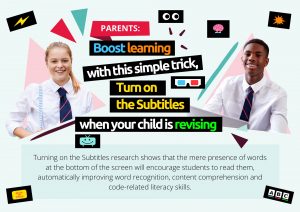 You can support a recent campaign at home, Turn On The Subtitles. Jack Black is part of the campaign, click the link below to find out more. It’s simple and can have a huge impact on your child’s literacy.
You can support a recent campaign at home, Turn On The Subtitles. Jack Black is part of the campaign, click the link below to find out more. It’s simple and can have a huge impact on your child’s literacy.
Summer Reading Challenge 2025
Common stems, prefixes and suffixes
Podcast


